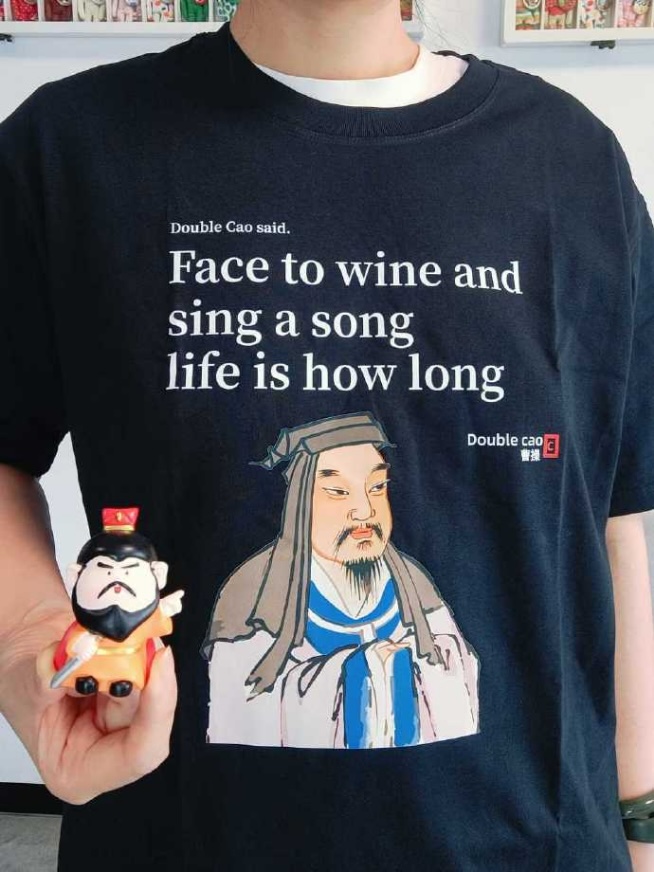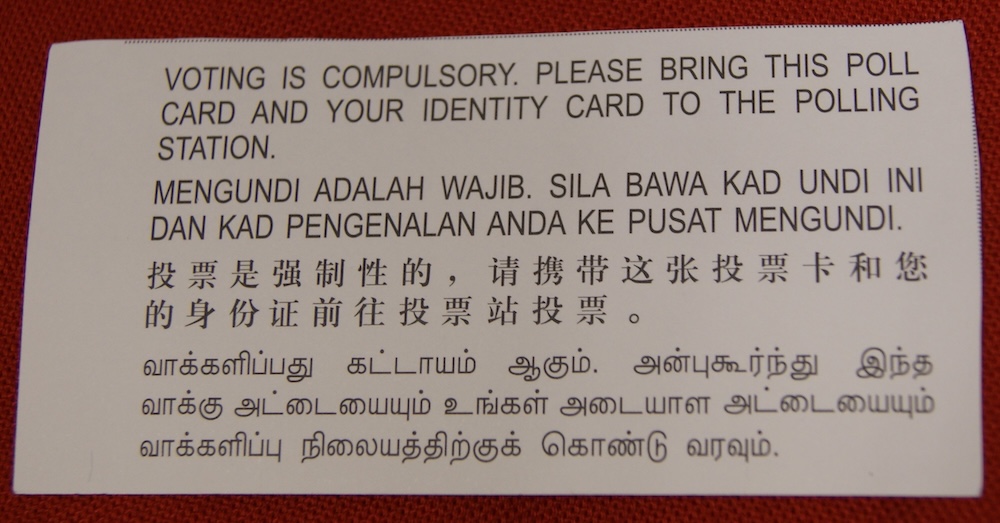Most of the population of China cannot afford or obtain a VPN (Virtual Private Network). For the privileged portion who do manage to purchase and install a VPN, does that solve their global internet access problem?
Some people claim that, with a good VPN, you can see anything on the global internet in China. But I don't think that's quite true. Sometimes I direct my students (all of whom have VPNs) to various Wikipedia and Wiktionary articles, and they say, "Sorry, Prof. Mair, I can't access that in China" (blocked without warning or explanation twenty-some years ago*). The problem is even more acute with YouTube.
YouTube has all sorts of stuff: richly informative, inflammatory, educational, political, DIY, linguistic, etc., etc. Practically anything one can imagine, except probably outright pornography. The Chinese government is deathly afraid that its citizens might see YouTube content that is critical of Xi Jinping, the CCP, and so forth. So YouTube is a no-no, and that means nature films, music, poetry, art, archeology, chemistry, physics, recipes, Chinese / Japanese / Indian / Iranian / etc. culture. How impoverished the Chinese people are because of the benighted policies of their government! The nearly 15 BILLION videos on YouTube are off limits to Chinese citizens. And that's just YouTube. Think of all the internet riches that are unavailable to the people of China. No wonder so many of them are desperate to go abroad to study where they have free access to the internet.
Read the rest of this entry »

